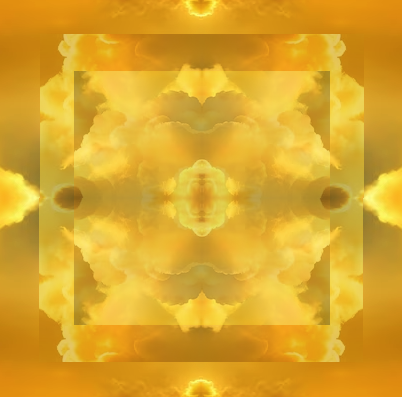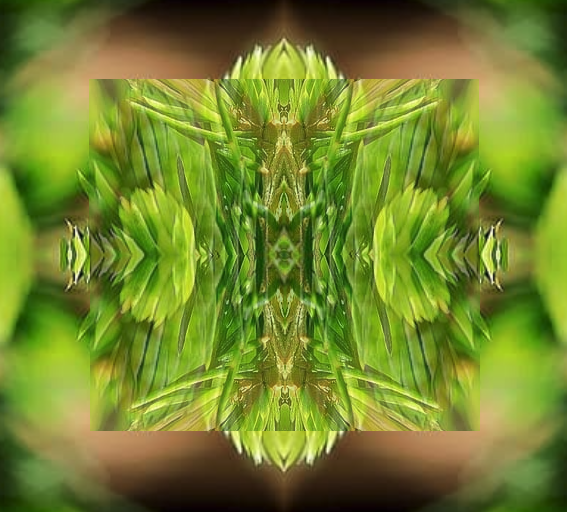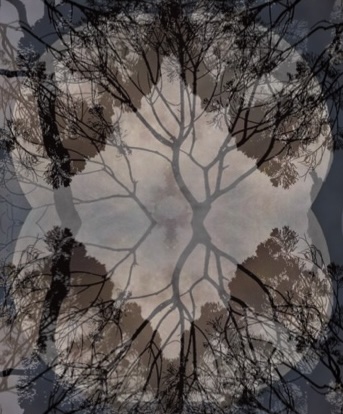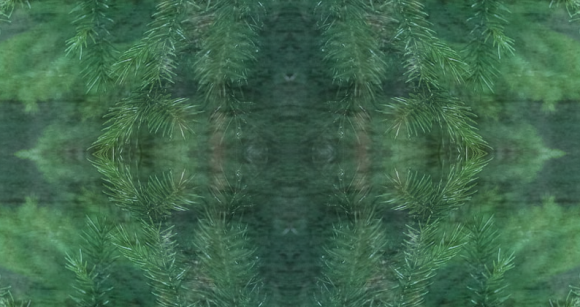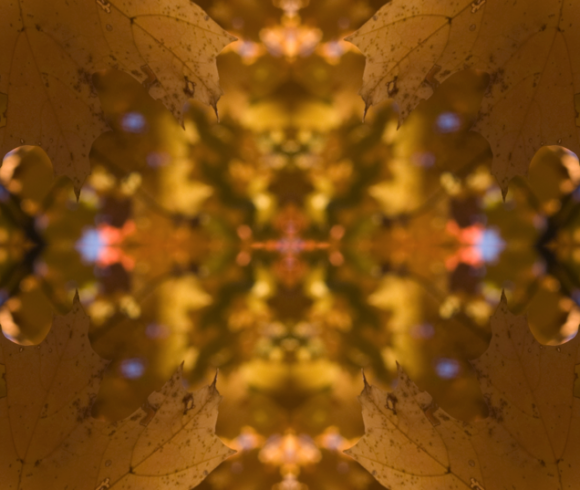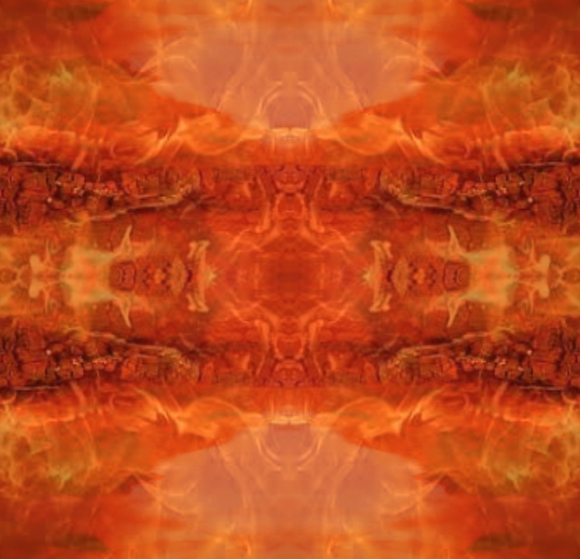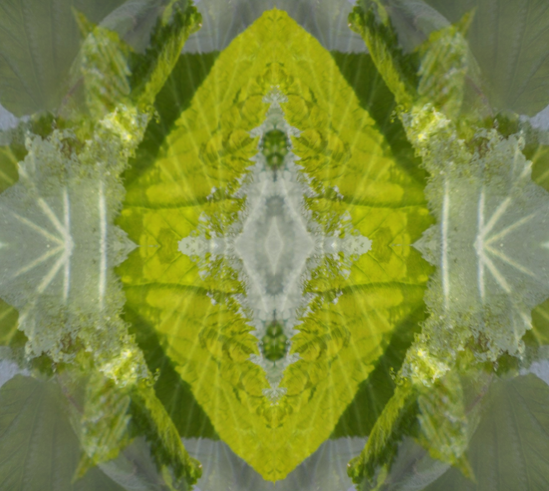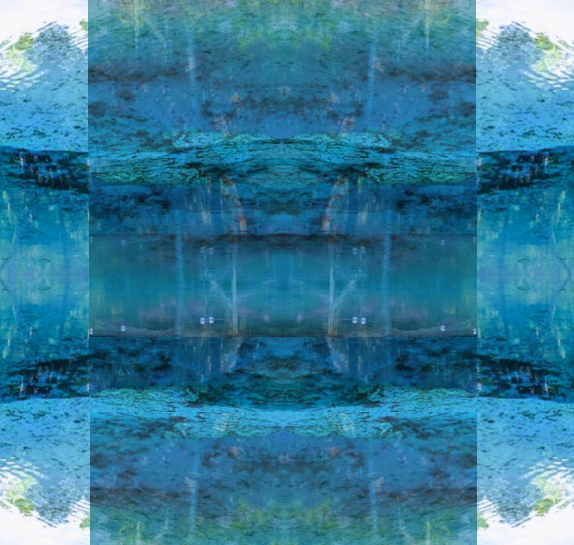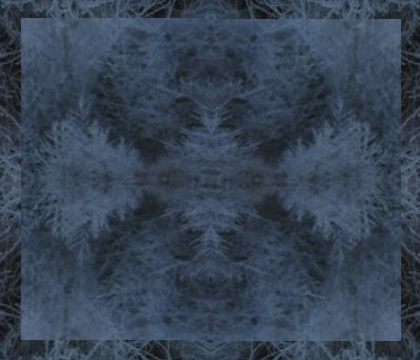
If we were to stick rigidly to Davidson’s views in all respects, we’d be even worse off, for then we’d be lacking even a way to formulate this. That’s because Davidson insists that there is no such thing as metaphor in semantics at all: what is communicated in language are only literal meanings. (What counts as metaphor in imagistic or poetic language is, according to Davidson, entirely an aspect...
